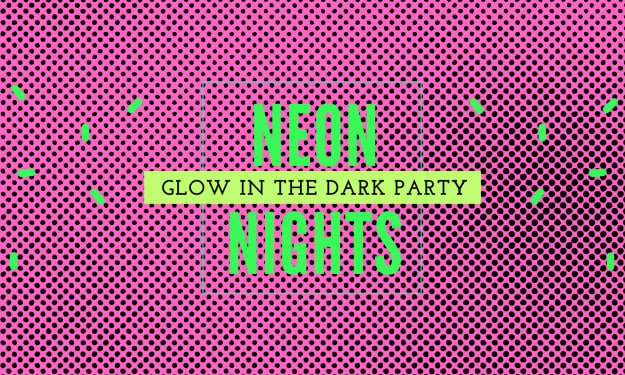
The life of Claude Debussy, the French composer, is explored in this very unique production of an early Ken Russell, whose visual flair and penchant for outrageousness became the cinematic hallmark of this creative artist. I know very little about Claude Debussy (portrayed here as both an actor playing Debussy, as well as the man himself, by the late Oliver Reed), except that he was French, refused to do much in the way of employment, and had affairs with desperate, despairing. and unstable women who had a penchant for suicide attempts. The narration, told by the French director of the "film within the film" that is this film, is sometimes hard to follow. There is the narrative of a crew making a film in the middle Sixties (replete with rock n; roll parties and go-go dancing), and then the film itself, and then the focus on the life of Debussy, the contemplative genius of a man obsessed with sculpture and high art, and using these vast intellectual tendrils to find his creative fire, to develop his weltanschauung. Finally, there seem to be the burnt, bitter relationships he left in his wake.
There are of course lapses into absurdity: a toy gun duel in a manse with several nude statues, while the director (Victor Sheybal) and his lovely female co-star ("Gaby," portrayed by Annette Robertson) shuffle and groove. This is done to the music of Wagner, which Debussy/The Actor describes as vulgar. "Ride of the Valkyries," it is, and I won't disagree personally with that assessment.
The troubles between Debussy the Actor's life, and the fictional Debussy the Composer, seem to mirror each other in the relationship he has with his beloved, as they eke out a meager existence in a small, dingy set of rooms, where they subsist on poverty earnings (or next to nothing at all), while the man himself contemplates the perfection of the human form in tiny statues, and his wife serves up a meager dinner of bread. The resultant domestic squabble is stopped, mid-way so that the director can reappear, and remind the audience that this is not a biopic of Debussy's life, so much as a pic of a biopic of Debussy's life. A meta-narrative, framed, with exposition designed to educate, and delivered using several different devices. (One of which is having the actors of the film watching the actors in a play, with a stage set up in perhaps a park, while, on stage, Debussy's second wife has just discovered the affair he's been having with yet another female victim of what seems to be his womanizing. In a most dramatic scene, she exclaims to the rich mistress, "I don't WANT Your filthy money. Do you think I'd soil my hands on it? [...] If you take a man from someone, you should know what you're getting yourself into!" Not exact quotes, but very effective dialog, and you get the idea.)
Other incredible, effective scenes are the execution of a woman (tied to a cross) at the beginning of the film, anachronistically wearing a T-shirt, this is the Execution of Saint Sebastion, with a female playing the Saint, and females in modern clothing shooting the arrows. A night-time procession of religious worshippers and a few dressed suspiciously in what looks like Ku Klux Klan garb (but is probably the outfit of the Inquisitors), reminds us, yet again, that despite the spectacle of fire and religious fervor, the director is directing; he runs forward the procession as they advance on the beach, leading and guiding with his hands, the celluloid shepherd of this particular flock.
Other scenes, long stretches without dialog, but with supernal, romantic imagery of Debussy watching his Victorian girlfriend romp through the woods toying with a balloon, are rapturous, and transport the viewer to a place beyond the modernistic ugliness, the rape of Debussy's life. (Or, at the very least, the exploitation of the most sordid aspects of it in the cause of making a successful film.)
And the Debussy film IS successful, lightyears from the boring biopic it could have devolved into. By using the "frame" of the filmmaking process itself, it shows how history can be altered and cheapened, and exploited for crass, commercial purposes. (And leave the viewer asking, once again: "Is it art?")
The Debussy Film (1965) Directed by Ken Russell. Starring Oliver Reed.
About the Creator
Tom Baker
Author of Haunted Indianapolis, Indiana Ghost Folklore, Midwest Maniacs, Midwest UFOs and Beyond, Scary Urban Legends, 50 Famous Fables and Folk Tales, and Notorious Crimes of the Upper Midwest.: http://tombakerbooks.weebly.com






Comments
There are no comments for this story
Be the first to respond and start the conversation.